Software Projects
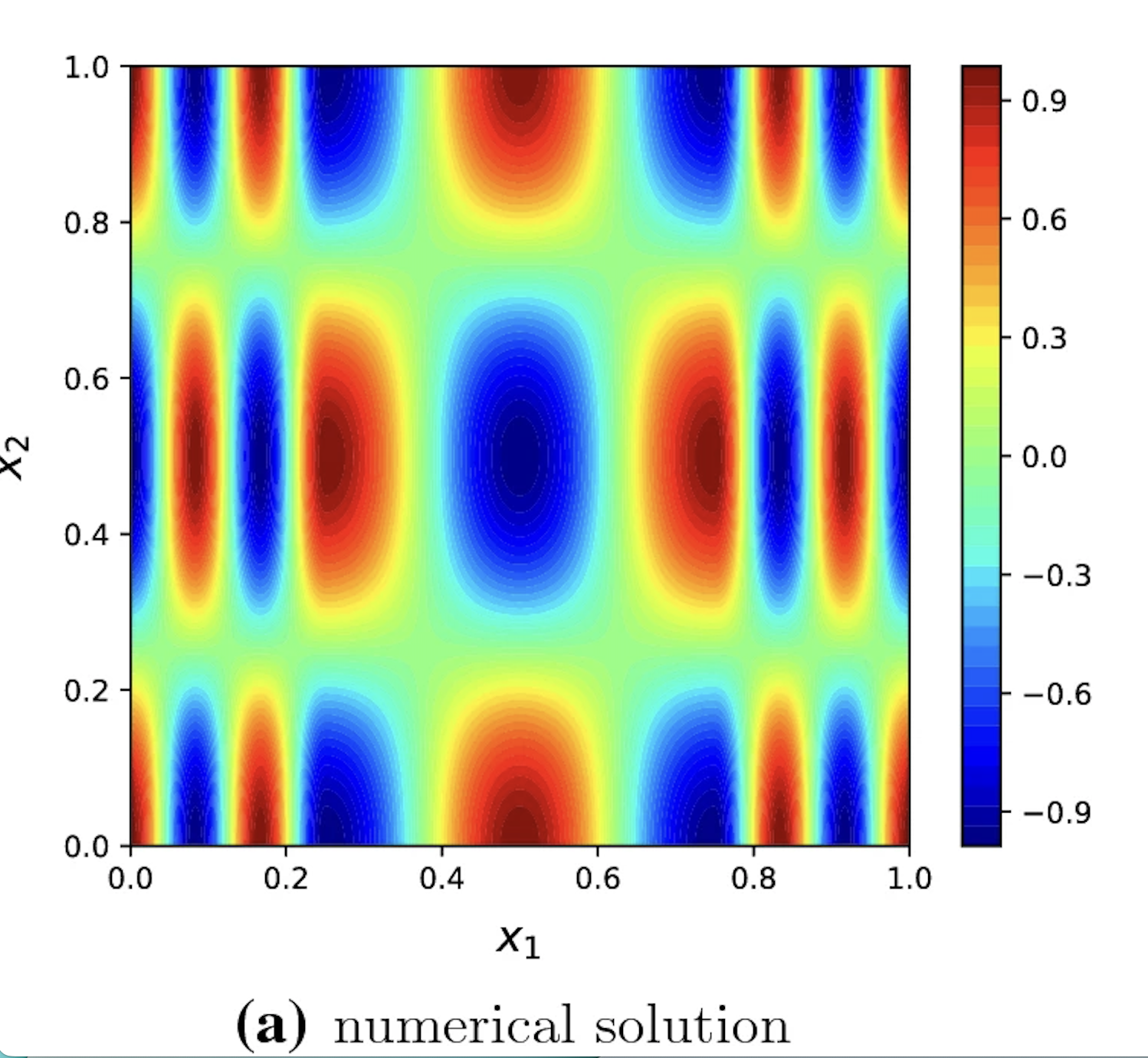
Dr. Yingda Cheng - This software is an adaptive multiresolution discontinuous Galerkin (DG) C++ package for solving partial differential equations in high dimensions.

Dr. Brian O'Shea - Enzo is a community-developed adaptive mesh refinement simulation code, designed for rich, multi-physics hydrodynamic astrophysical calculations.
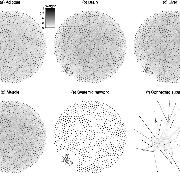
Dr. Yuying Xie - Joint estimation of multiple dependent Gaussian graphical models with applications to mouse genomics. (DOI)
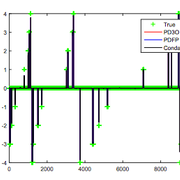
Faculty member Ming Yan's
M. Yan, A New Primal-Dual Method for Minimizing the Sum of Three Functions with a Linear Operator, arXiv:1611.09805, 2016. (Slides) (Code)
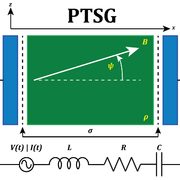
Dr. John P. Verboncoeur - All software produced by the The Plasma Theory and Simulation Group is freely avaliable. Our most recent, popular and well kept up codes are on bounded plasma, plasma device codes XPDP1, XPDC1, XPDS1, and XPDP2.
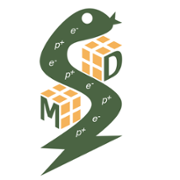
An open-source fast pure python suite for molecular dynamics of non ideal plasmas developed by the Murillo Group.
The suite is complete with pre and post processing libraries allowing researchers to get publication-grade results in less time.

Dr. Dirk Colbry - The SEE-Segment tool can learn from a single training example and search the "algorithm space" for solutions that may work for the provided problem. The output generated by SEE-Segment is standalone code that is not dependent on SEE-Segment and can easily be copied and pasted into existing data processing workflows. Thus SEE-Segment can also be seen as an educational tool the keeps the researcher-in-the-loop and helps them to understand and use the algorithm choices that are available to them.

Dr. Kerzendorf - TARDIS is an open-source Monte Carlo radiative-transfer spectral synthesis code for 1D models of supernova ejecta. It is designed for rapid spectral modelling of supernovae.

Dr. Dirk Colbry - Seesus is a Python package that evaluates whether a textual expression aligns with the concept of sustainability as defined by the United Nations Sustainable Development Goals (SDGs). It labels a statement with the 17 SDGs as well as 169 specific targets and categorizes the statement into social, environmental, or economic sustainability.
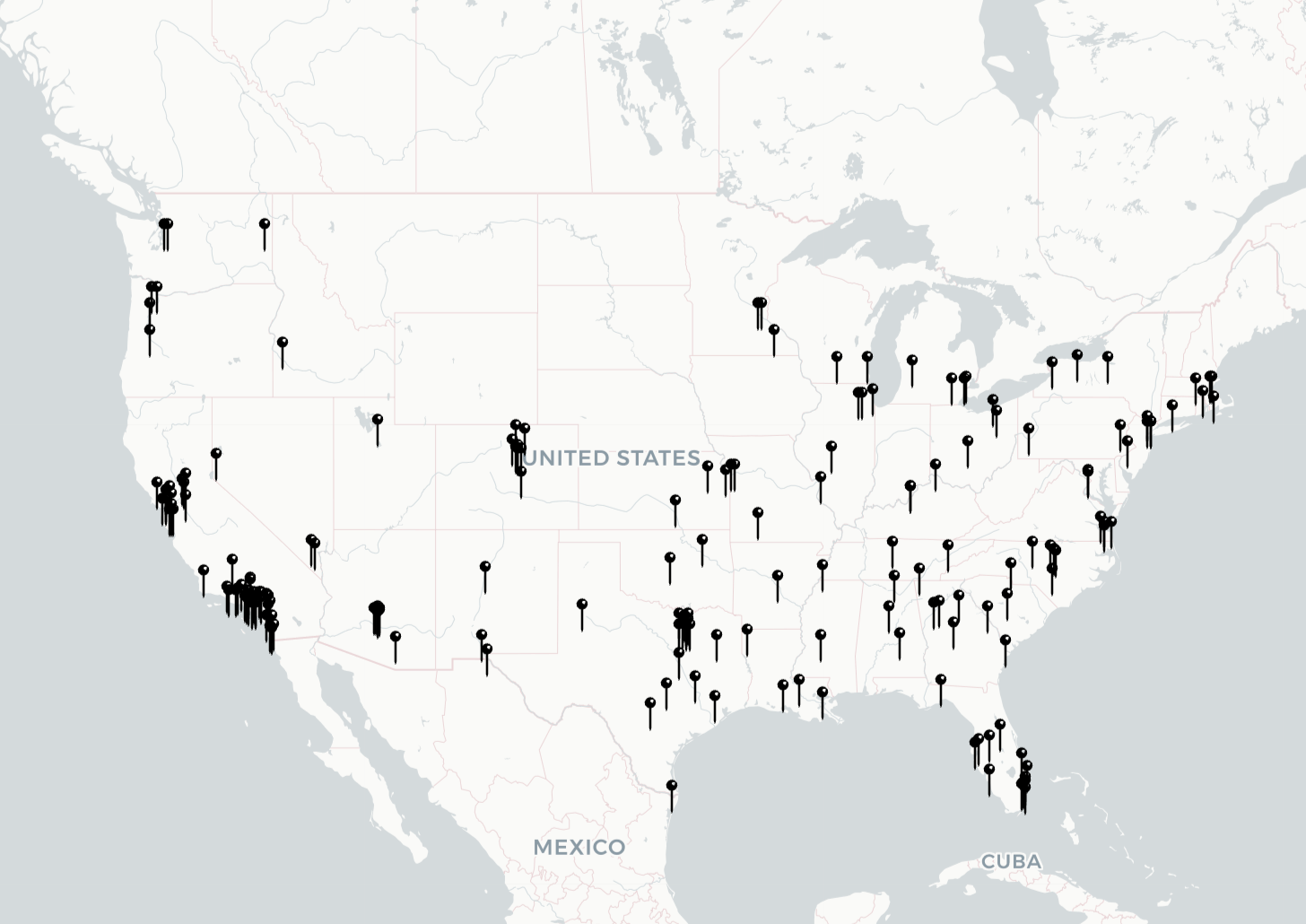
PhD Candidate Meng Cai - Smart City Tracker is a web-based and open-source platform where you can track and explore local governments’ smart city implementation in the United States. It uses Google Custom Search API to systematically search the official websites of 322 cities with a population of more than 100,000.
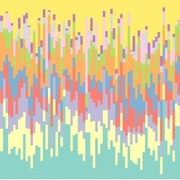
Dr. Yuying Xie - Fast And Robust DEconvolution of Expression Profiles (FARDEEP) is a new machine learning tool for enumerating immune cell subsets from whole tumor tissue samples. FARDEEP utilizes an adaptive least trimmed square to automatically detect and remove outliers before estimating the cell compositions.

A set of python tools designed maintained by Dr. Dirk Colbry to help instructors curate course materials using Jupyter notebooks. Each assignment is given it's own jupyter notebook and all student reading, videos, images are included in the notebook. Each notebook also contains notes for instructors that will be automatically removed.
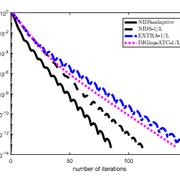
Faculty member Ming Yan's Matlab code that reproduce the results for
Z. Li, W. Shi and M. Yan, A Decentralized Proximal-gradient Method with Network Independent Step-sizes and Separated Convergence Rates, arXiv:1704.07807, 2017. (Code)
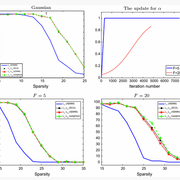
Faculty member Ming Yan's Matlab code that reproduce the results for
Y. Lou and M. Yan, Fast L1-L2 Minimization via a Proximal Operator, Journal of Scientific Computing, in press. (download pdf)

Dr. Huey-Wen Lin - Build subatomic particles, learn about the mysteries of fundamental physics and deploy antimatter to clear the way! You’ll match and swap quarks to make (and learn about) the baryons you need for each objective. Puzzle out the quantum properties of color, flavor and spin. So get in there and start your quantum-venture! Quantum 3 is puzzle-matching at its finest and a great intro to the world of particle physics!

Dr. Kerzendorf - StarKit is a library to fit stars using various different measurements and techniques.
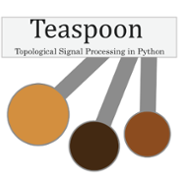
Dr. Elizabeth Munch - This python package, teaspoon for tsp or topological signal processing, brings together available software for computing persistent homology, the main workhorse of TDA, with modules that expand the functionality of teaspoon as a state-of-the-art topological signal processing tool.
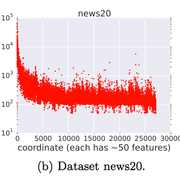
Faculty member Ming Yan's C code that reproduce the results for
Z. Peng, Y. Xu, M. Yan and W. Yin, ARock: an algorithmic framework for asynchronous parallel coordinate updates, SIAM Journal on Scientific Computing, 38 (2016), A2851-A2879. (download pdf)
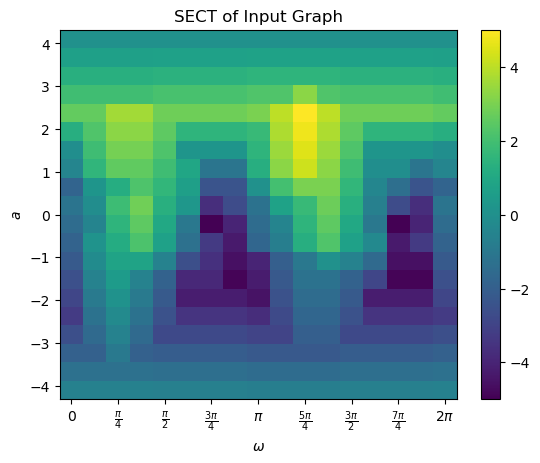
ect: Euler Characteristic Transform in Python
Dr. Elizabeth Munch - Python computation tools for computing the Euler Characteristic Transform of embedded graphs. Right now, the content includes stuff for doing ECT on graphs embedded in 2D. Eventually the goal is to get voxel versions, higher dimensional simplicial complexes, etc in here.